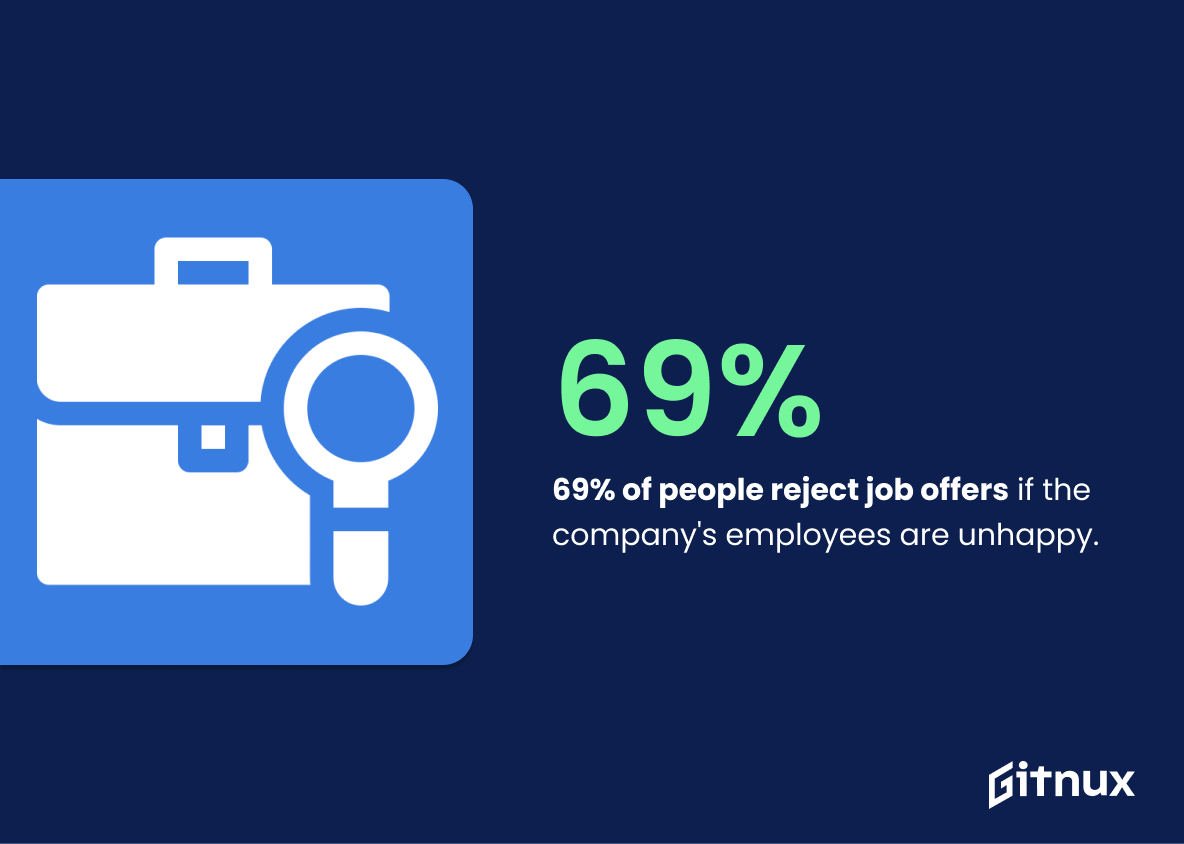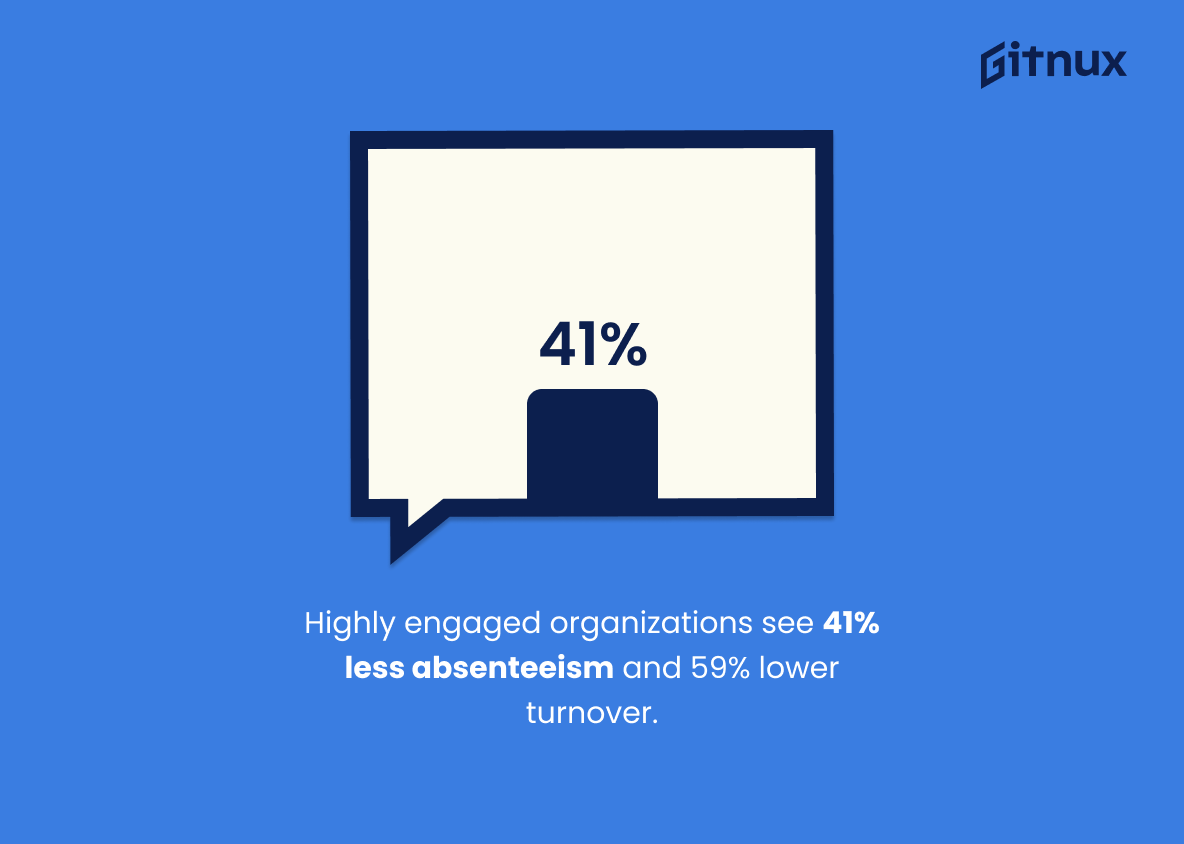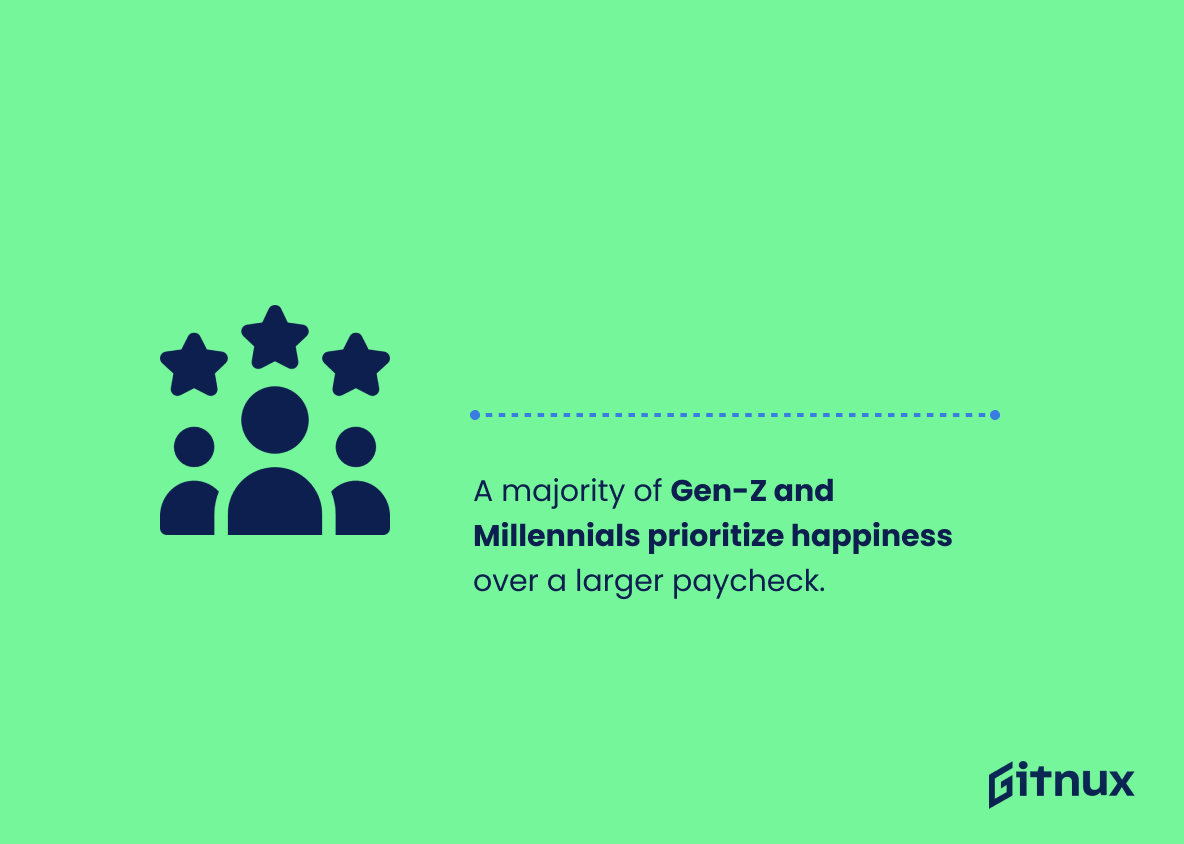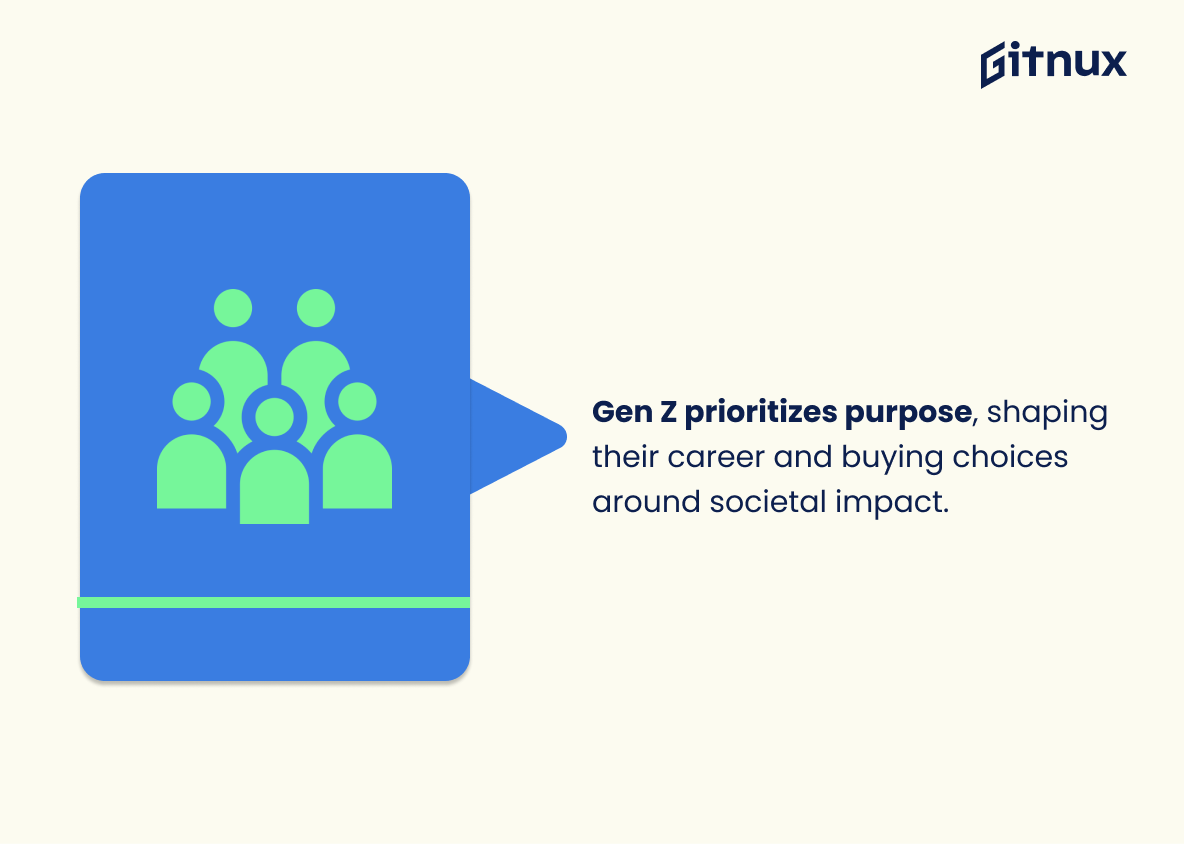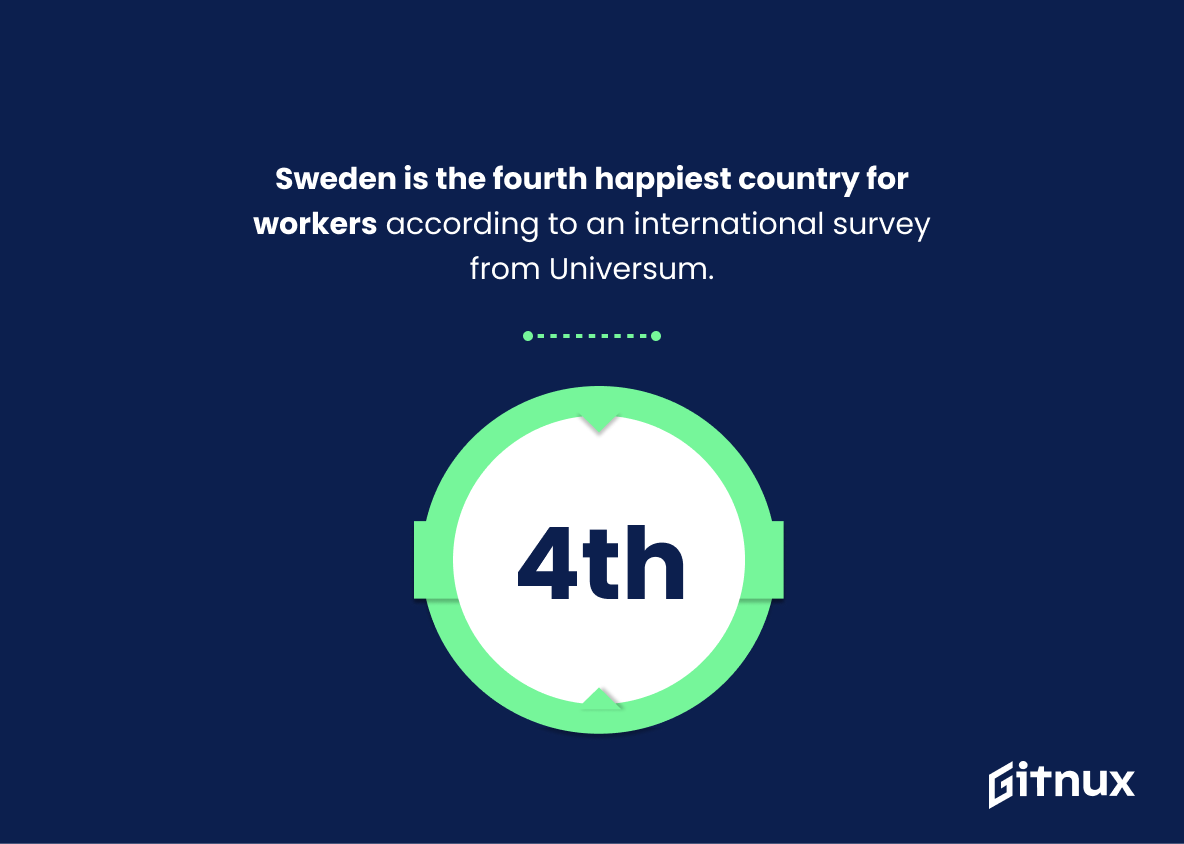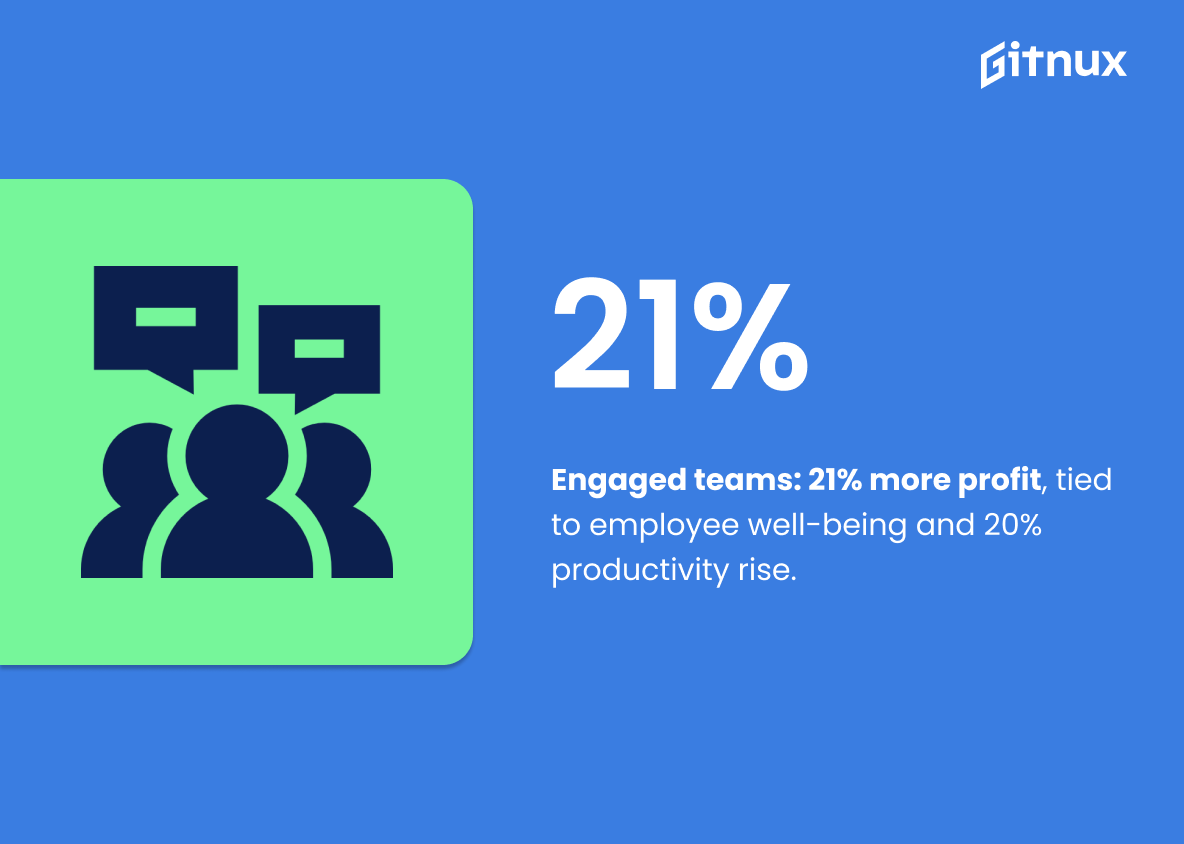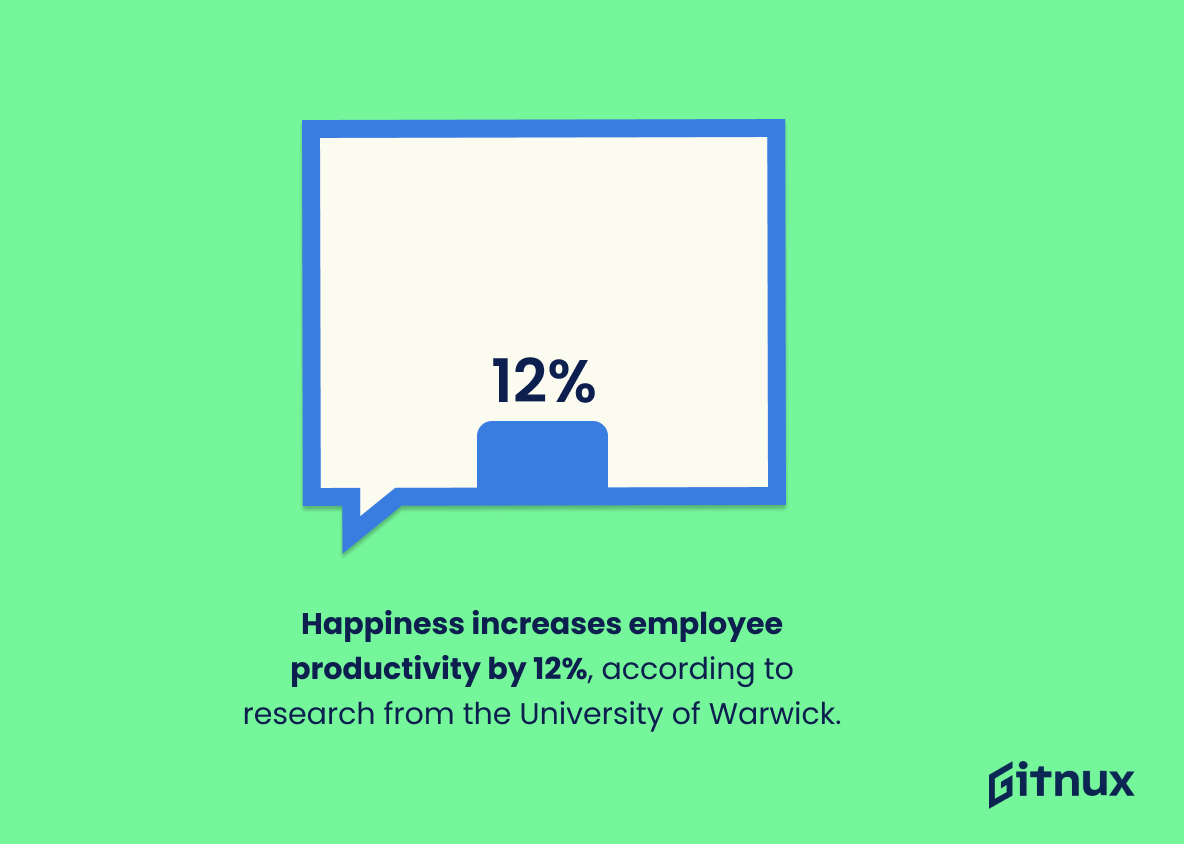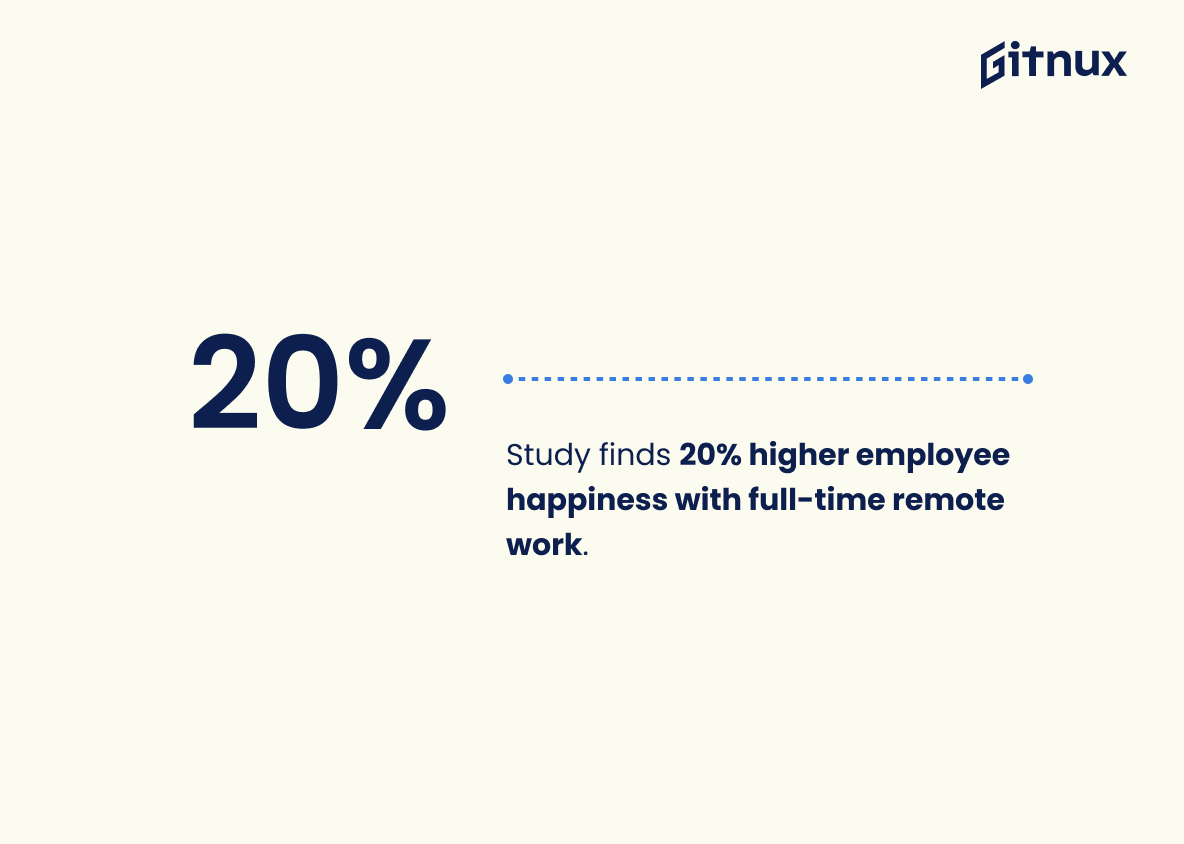Employee happiness is a key factor in the success of any business. It is essential for employers to understand the importance of employee happiness and to create a workplace environment that is conducive to employee satisfaction.
In this blog post, we will explore some of the latest employee happiness statistics and discuss how employers can use this data to create a more positive work environment. We will also discuss the potential benefits of a happy workforce and how employers can measure employee happiness. Finally, we will look at some of the best practices for creating a positive work environment and how employers can use these practices to increase employee happiness.
Employee Happiness: The Most Important Statistics
Sweden is the fourth happiest country for workers according to an international survey from Universum.
Highly engaged teams are 21% more profitable for the company, demonstrating the important connection between employee wellness and engagement, and how employee happiness can result in 20% more productivity in the workplace.
Employee Happiness Statistics Overview
69% of employees will reject a job offer if they find out that the company’s employees are generally unhappy.
It demonstrates that if employees are unhappy, they are less likely to be engaged in their job responsibilities. In addition, it shows that potential employees are aware of this and will reject a job offer if they find out that the company’s employees are generally unhappy.
Organizations with high employee engagement experience a 41% reduction in absenteeism and 59% less turnover.
Employee engagement can lead to improved morale and job satisfaction, which can further contribute to a positive work environment.
A majority of Gen-Z and Millennials prioritize happiness over a larger paycheck.
This shows that younger generations are placing more emphasis on job satisfaction and happiness than on salary. This could be a sign that employers need to focus more on creating a positive work environment that promotes employee happiness in order to attract and retain talent.
Gen Z is a purpose-driven generation, making career and purchasing decisions based on their impact on the world.
The generation is motivated by more than just money and other traditional rewards, and that employers should consider more creative ways to engage and motivate them.
Sweden is the fourth happiest country for workers according to an international survey from Universum.
The flat management structure in Denmark, Norway and Sweden encourages employee engagement and loyalty by creating a sense of value and allowing for a six-hour working day. It demonstrates that when employees feel valued and have a good work-life balance, they are more likely to be engaged and remain loyal to the company.
Highly engaged teams are 21% more profitable for the company, demonstrating the important connection between employee wellness and engagement, and how employee happiness can result in 20% more productivity in the workplace.
This shows the direct correlation between employee happiness, engagement, and productivity. It also highlights the importance of employee wellness and how it can lead to higher levels of productivity and profitability for the company.
Happiness increases employee productivity by 12%, according to research from the University of Warwick.
Investing in employee happiness can thus have tangible benefits for businesses, such as increased productivity. This can help businesses make informed decisions about how to best invest in their employees.
A new study found that the ability to work remotely is strongly linked to increased employee happiness, with those who worked from home 100% of the time being 20% happier on average than those who didn’t have the ability to work from home.
It demonstrates the importance of giving employees the ability to work remotely in order to increase their overall happiness at work. This could lead to increased productivity, better job satisfaction, and improved morale.
54% of US employees surveyed say it has become harder to do their job effectively since the pandemic.
The pandemic therefore still has had a negative impact on the ability of employees to do their job in a good way.
Conclusion
Employee happiness is a key factor in the success of any business. By understanding the statistics surrounding employee happiness, employers can make informed decisions about how to best support their employees and create a positive work environment.
Investing in employee happiness can lead to increased productivity, improved morale, and a more positive work culture. Ultimately, employee happiness is an important part of any successful business, and employers should strive to create an environment where their employees can thrive.
References
1 – https://efectio.com/en/recent-and-important-statistics-on-employee-happiness-and-growth/
2 – https://www.forbes.com/sites/nazbeheshti/2019/01/16/10-timely-statistics-about-the-connection-between-employee-engagement-and-wellness/?sh=8e6cc8622a03
3 – https://www.forbes.com/sites/rebeccahenderson/2022/04/26/with-gen-z-and-millennial-expectations-shifting-is-nurturing-happy-employees-the-latest-hr-mandate/?sh=677b96cd151b
4 – https://hbr.org/2023/01/helping-gen-z-employees-find-their-place-at-work
5 – https://www.thelocal.se/20161202/why-sweden-has-the-fourth-happiest-workers-in-the-world/
6 – https://www.hrkatha.com/culture/why-scandinavians-have-the-happiest-work-culture/
7 – https://www.wellsteps.com/blog/2022/05/17/happy-employees-more-productive/
8 – https://warwick.ac.uk/newsandevents/pressreleases/new_study_shows/
9 – https://www.forbes.com/sites/bryanrobinson/2022/05/05/remote-work-increases-employee-happiness-by-20-new-study-finds/?sh=602da8063183
10 – https://www.biospace.com/article/how-the-pandemic-has-affected-employee-satisfaction-/
ZipDo, cited June 2023: Employee Happiness Statistics
